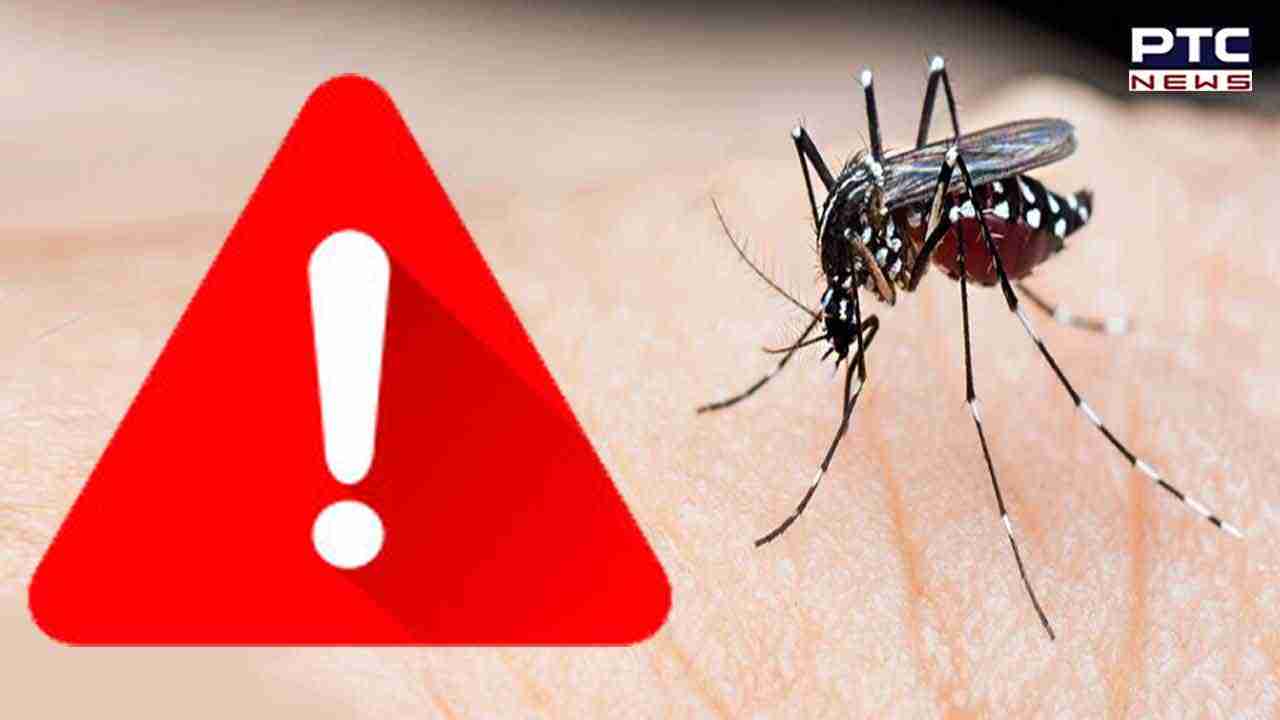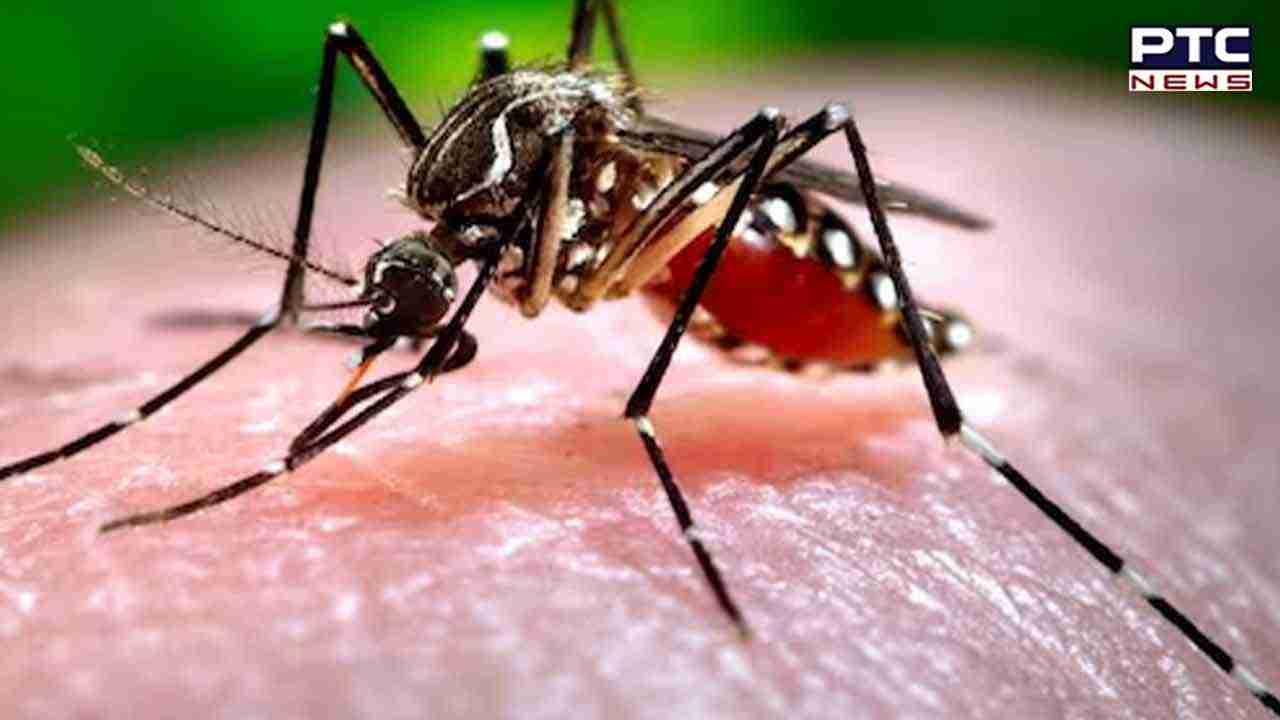

Punjab floods: State faces surge in dengue, chikungunya and eye flu cases
PTC Web Desk: In the wake of devastating floods that have wreaked havoc across Punjab, another concerning crisis has emerged — the spread of vector-borne diseases. With floodwaters receding, Punjab is now grappling with a surge in dengue, chikungunya and eye flu cases. As the flood-ravaged region struggles to recover, the health authorities are now confronted with the daunting task of containing and managing the spread of these illnesses.
Experts said the aftermath of the floods had created fertile breeding grounds for disease-carrying mosquitoes. The stagnant water left behind by the floods had been serving as a breeding haven for mosquitoes responsible for transmitting dengue and chikungunya viruses. Additionally, a rise in cases of eye flu, or conjunctivitis, has been reported, which is linked to unhygienic conditions exacerbated by the floods.
In the face of this dual crisis, Punjab's health authorities have now swung into action and started door-to-door campaigning. Health officials have urged citizens to take preventive measures to safeguard themselves.

Admitting the spread of vector-borne diseases in the state, Punjab Health Minister Dr Balbir Singh attributed this to the fact that the accumulated water due to heavy rains and floods had become a breeding ground for mosquitoes, including Aedes species, responsible for spreading these diseases.
He said diseases such as dengue, chikungunya, malaria, and eye flu were on the rise due to the flood situation.
To prevent dengue, he emphasised the need for raising awareness among people so that mosquito breeding could be curtailed effectively.
In the Heera Bagh area of Patiala, the Health Department on Friday conducted door-to-door checks under "Dengue Friday" campaign.
Dr Balbir Singh said treatment was being provided free of cost in government hospitals across Punjab, and there were 1,300 specially dedicated beds for dengue patients.
On the other hand, Amritsar Civil Surgeon Vijay Kumar said they had set up a special ward for dengue and chikungunya cases in government hospitals of the district. Admitting a sharp increase in vector-borne diseases, he said as many as 132 cases of dengue and 93 cases of chikungunya had been reported in the holy city so far. However, no death had been reported.
He said there were 250 beds available for dengue and chikungunya patients, which would be increases if required. All arrangements had been made for plasma and blood.
On a rise in eye flu cases, he said it was very important to maintain hygiene and avoid coming in contact with the infected person. He said private hospitals had also been asked to make all preparations to tackle the rising dengue cases.
With inputs from Gagandeep Singh Ahuja (Patiala) and Maninder Singh Monga (Amritsar)
- With inputs from our correspondent
